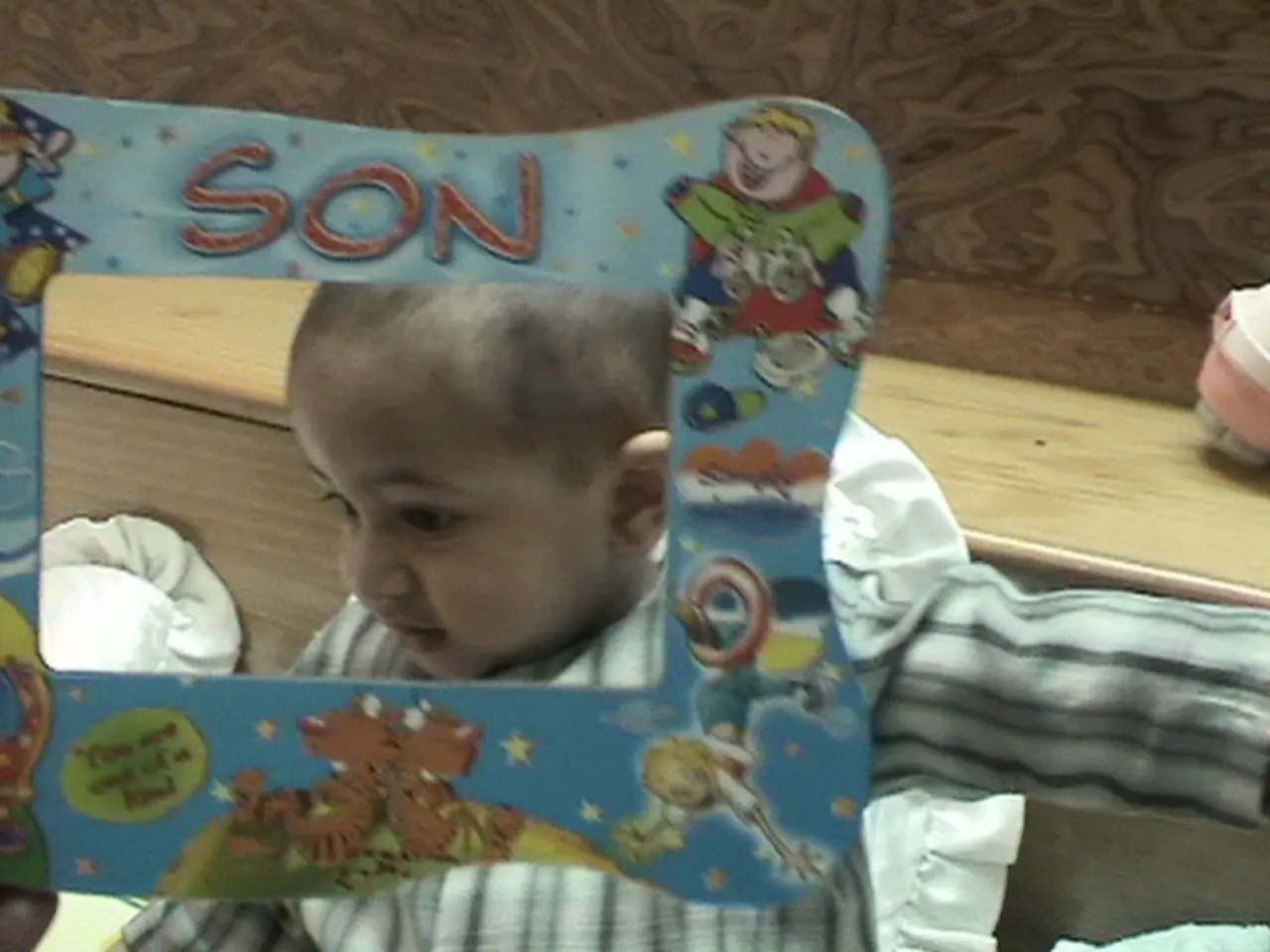Explores Frequent Viewing Patterns of Children's Shows and Highlights Benefits of Repetitive Watching
Repetition plays a crucial role in the development of executive function skills in children, such as sustained attention, memory consolidation, and cognitive flexibility. This is because a child's brain operates like a pattern-detection machine, strengthening neural connections through repetition, building cognitive scaffolding for future learning.
During early childhood, the brain undergoes rapid synaptogenesis, a process where neurons form and reinforce connections. Repetitive engagement in activities like play, reading, and watching supports this by repeatedly activating neural circuits vital for learning.
Building Pattern Recognition
Repeated exposure to visual and auditory patterns in books, games, and media helps children's brains identify regularities, enhancing cognitive skills like memory and attention. For instance, pattern recognition is essential for literacy development, as it helps children recognise common letter combinations.
Language Acquisition
Frequent reading and verbal interaction stimulate language-processing areas such as parts of the cerebellum and prefrontal cortex, aiding vocabulary growth, comprehension, and communication skills.
Emotional Regulation
Play exposes children to diverse emotional experiences in a safe context, engaging the limbic system which helps them understand and manage feelings. Recurrent play scenarios reinforce these neural pathways for emotional control.
Sensory-Rich Environments and Inclusive Settings
Sensory-rich environments and inclusive settings, where children can engage in self-regulating or repetitive movements (stimming), further support focus and emotional stability crucial during early learning phases.
While it may seem that repetition could overshadow other important developmental activities, the key isn't elimination but ensuring a balance. Adults have their own repetitive behaviors, demonstrating that repetition is a normal part of life while also showing how to incorporate variety.
Children on the autism spectrum often show particularly focused repetitive interests, and these behaviors serve important regulatory functions for them. Fighting against children's natural tendencies towards repetition is often counterproductive. Instead, consider supporting the underlying developmental needs this behavior is meeting.
Recognizing repetitive interests as specialized learning strategies can help parents better support their child's unique developmental path. Your child's repetitive interests aren't a quirk or a limitation—they're a developmental superpower disguised as everyday behavior. By understanding and supporting these natural learning patterns, you're giving your child the foundation they need to become confident, capable, and curious lifelong learners.
Childhood is a full-time job of learning, and familiar content provides children with a sense of mastery and control, creating a rare sense of control in otherwise adult-directed lives. Repetitive behavior serves an emotional function, acting as an emotional reset button and providing psychological safety necessary for healthy development.
Contrary to the assumption that constant repetition might hinder creativity or limit a child's exposure to new ideas, repetition enhances creativity and openness to new experiences. Studies show that children exposed to repetitive content demonstrate measurably stronger pattern detection abilities, which translates to improved reading comprehension, mathematical reasoning, and social understanding.
However, it's important to be aware of warning signs. Repetitive interests that prevent basic daily functioning or make social interaction impossible might indicate a need for additional support. The goal is integration rather than restriction, and can your child's intense interest in a particular show be connected to related books, creative play, or social activities?
In conclusion, repetition is a powerful tool in early childhood development, building foundational cognitive and emotional capacities necessary for later complex learning. By understanding and supporting these natural learning patterns, parents can provide their children with the foundation they need to thrive.
Science reveals that repetition strengthens neural connections in various aspects of a child's development, such as health-and-wellness (emotional regulation), parenting (supporting children's unique learning paths), lifestyle (maintaining sensory-rich environments), education-and-self-development (improving pattern recognition, language acquisition, creativity, and social understanding). Therefore, adults should aim to maintain a balanced approach, encouraging both repetition and variety, to foster a lifelong love for learning in children.




